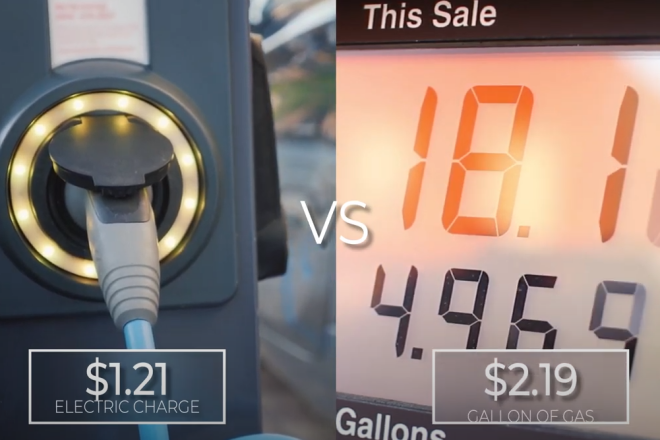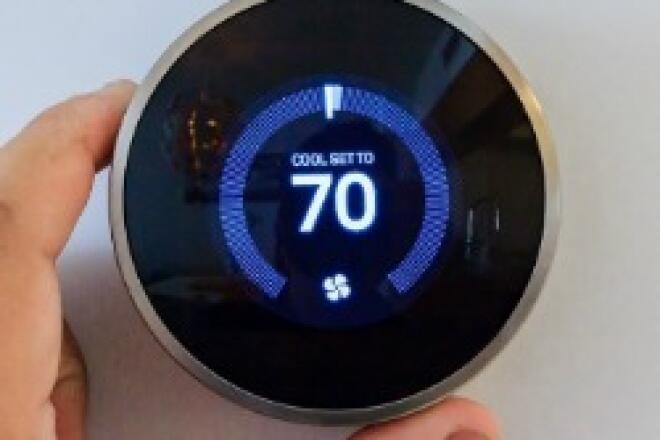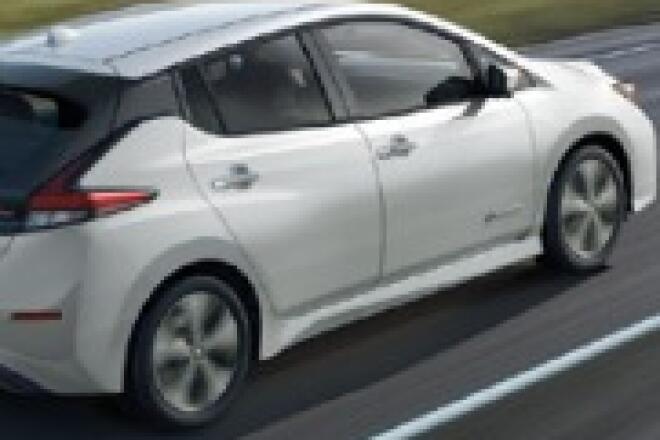
3 Questions About Electric Vehicle Charging
According to a new survey of Americans, just over 40 percent of drivers of gas-powered cars are considering an all-electric or plug-in hybrid electric car the next time they purchase a vehicle.
This comes as dozens of new electric vehicles (EVs) are expected to come on the market in the next few years from Audi, Chevy, Cadillac, Hyundai, Volvo, Ford and other automakers.
While interest in EVs is growing among Americans, there are still many who are skeptical of EV technology and have many questions, particularly about battery range and charging stations.
In this blog, we look at a few of the top questions as revealed through the recent survey:
1. Are there enough EV charging stations in my area?
One of the top concerns that Americans have is whether there are enough charging stations in their area for charging to be convenient for them. While a legitimate concern today, EV charging stations are increasing rapidly and will continue to do so in the years ahead.
The Biden administration has a goal of installing 500,000 EV charging stations by 2030 – up from just under 50,000 today. In addition, EV charging companies, electric utilities, automakers, cities and other stakeholders have plans for increasing the number of EV charging stations.
While the EV charging network is still developing, you’ll likely begin seeing more and more charging stations in your area if you haven’t already yet. Also, EV drivers today charge mostly overnight at home, meaning you’ll leave the house each morning with a charged vehicle
2. How long does it take to charge the battery?
Another concern that EV skeptics often have is around the time it takes to completely charge an EV’s battery, which varies significantly depending on the type of charging equipment that you’re using and, in some cases, the specific EV model that you drive.
Plugging into a home’s standard 120-volt outlet, it’s true that you are looking at a lengthy time to get that battery charged to completion. If driving a substantial amount (say, over 100 miles per day), this option’s likely not for you – even if you plug it in for eight hours or more per night.
However, by installing a 240-volt Level 2 charger in your home, you get about 100 miles of battery charge for every four hours, a much more reasonable time for home charging, even if you’re driving higher-than-average mileage each day.
The final level is the DC fast charger (or Level 3), popularized by Tesla’s Supercharger network. With these fast chargers, you can usually get most of your battery charged within a 30-minute window (the last 20 percent or so of the battery will likely take disproportionately longer).
3. Does the battery have enough range to get me where I need to go?
Finally, according to the new survey, the top question that EV skeptics have is whether the batteries in EVs have sufficient range to get them where they need to go. Fortunately, this may be the area where EVs have made the most significant progress in the last several years.
Only a few years ago, the 200-mile mark was a milestone for automakers, but that seems to be the bare minimum for new EV models. For example, the Nissan Leaf clocks in at 226 miles; the Hyundai Kona gets 258 miles; and the Chevy Bolt EV features a 259-mile battery. Tesla’s line-up today gets well beyond 300 miles, with the luxury Model S coming in at 412 miles.
According to government statistics, the average American only drives about 29 miles per day, meaning these battery ranges are way more than enough for regular errands and commutes. Combined with Level 3 charging stations, they can even make for convenient long-range road trips.
The EV industry has evolved rapidly over the last few years, which means it can be difficult to keep track of the latest information. Fortunately, though, battery and charging technology continue to improve, making EV ownership more convenient than ever before.



